There has been a recent rash of bills and legislation requiring adult sites like Pornhub to beef up their age verification standards, with at least six states at the time of writing passing the bill with lightning speed and massive bipartisan support.
While most will not think twice about a law or bill meant to keep children from seeing porn too young, there are a lot of problems surrounding these bills.
Some problems are obvious and can be easily spotted, while one is more sinister and no one is talking about.
The Bill That Started It All
Legislation looking to kneecap the adult entertainment industry is nothing new. There is always some ridiculous bill that aims squarely at major pornsites and sex workers, but Louisiana’s new law that spawned from 2022 Bill No. 142 has changed the game.
142 is not breaking new ground in its approach, but in its effect.
This is one of the rare moments where a spicy giant like Pornhub was actually knocked down a peg or two and had to make a dramatic change thanks to puritanical legislation.
The short version of this legislation is that adult sites and the top Onlyfans accounts (etc) are now liable for minors accessing their sites and a requirement for users to verify their age with a government ID like a driver’s license. Users would need to do this every time they visit their favorite porn site, since the bill stipulates that adult sites can not hold on to the information.
So, yeah, a bit more intensive than clicking “I am over 18”.
RELATED: What Is OnlyFans? The Controversial Platform Explained
Bill No. 142 was brought to the floor by state Rep. Laurie Schlegel, a freshman representative and former sex addiction therapist.
Getting any legislation passed is a hard road for any representative, but landing a sweeping victory only six months into your first term is quite a feather in Rep. Schlegel’s cap.
Schlegel says she was not inspired by Jesus or Christian values when developing the bill, but rather a Howard Stern interview with pop star Billie Eilish. Eilish said she was exposed to porn at a young age and regrets it.
“I used to watch a lot of porn, to be honest. I started watching porn when I was like 11” said Eilish. “… I think it really destroyed my brain and I feel incredibly devastated that I was exposed to so much porn.”
To be fair, there are numerous studies of prevalent porn addiction plaguing young people and the real-world harm it has contributed to. One could also say that this is nothing new and there has always been some hand-wringing over children viewing porn since the days of print porn media.
Schlegel teamed up with anti-porn activist Gail Dines. Dines describes herself as a radical feminist, sociologist, and anti-porn crusader. Schlegel first discovered Dines through her 2015 Ted X talk entitled “Growing Up in a Pornified Culture”.
The pair make strange bedfellows. Schlegel is a staunch anti-choice politician, which does not gel with Dines’ more socialist pro-women ideals.
In talking with Politico, Dines made it clear that this was a case of “the enemy of my enemy is my friend”.
“It’s not a marriage. Let’s be very clear on this,” Dines told Politico. While the two were looking to achieve the same goal of preventing kids from accessing hardcore porn, Dines’ motivation was different from Sclegel’s.
“This is about doing the right thing when it comes to controlling capitalism that’s out of control.” said Dines.
I agree that this is a noble goal, but I wouldn’t be so quick to say these laws are the best way to go about dismantling unfettered capitalism.
Schlegel’s motivation seems to be less inspired. Surrounding her bill were the same tired cries of “Think of the children!”
No matter what their goals were, the bill passed with almost unprecedented speed and bipartisan approval. The bill was signed into law on June 15, 2022 with the Louisiana House voting 96-1 and the state Senate unanimously voting 34-0.
Since then, states like Arkansas, Montana, Mississippi, Utah, Virginia and Texas have passed nearly identical bills with nearly identical speed and approval.
The Free Speech Coalition, a trade association for the porn industry, has filed lawsuits against Louisiana and Utah. While the famously glacial court system works all of this out, porn sites have no choice but to comply, right?
Sort of.
Pornhub, the biggest player in the online porn game, did something just as unprecedented as the legislation itself. In states where these laws have been in effect for months, like Virgina, Mississippi, and Utah, they just said “f*ck this, I’m out” and straight-up stopped operating.
If you live in one of those states and visit Pornhub, you will be greeted by a video starring Cherie DeVille explaining why you can’t enjoy their services.
DeVille says that while age verification is important, these laws are not the best way to go about it and urges users to demand their representatives find better and safer solutions. DeVille points out, briefly, that these laws can actually put your, and your children’s, privacy at risk.
Also, and I know this is not the point, DeVille is wearing a super cute tiger-print outfit and I want one.
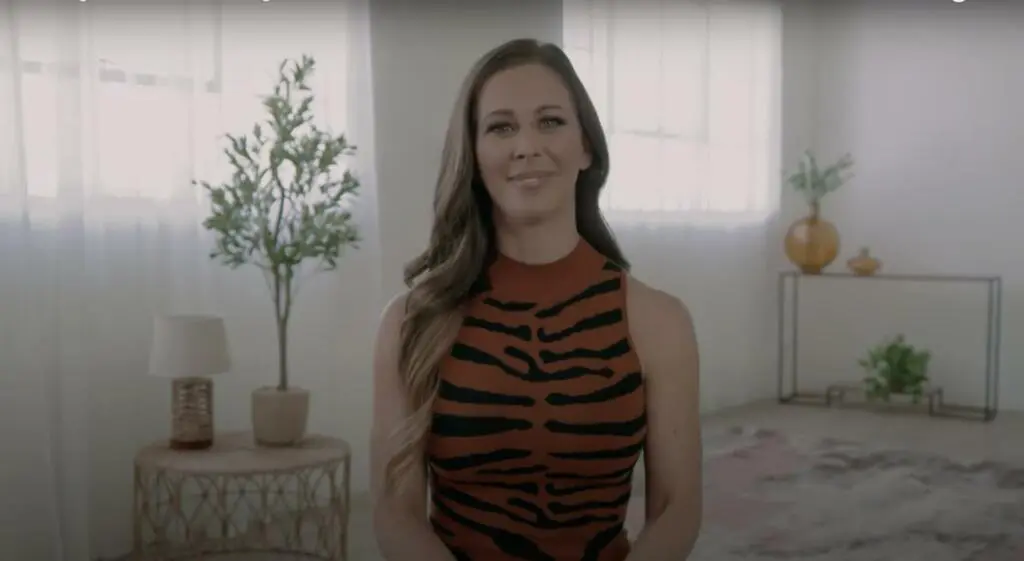
While Pornhub is still functioning in Louisiana, the site has taken a massive hit with a reported 80% drop in site traffic in that state.
Again, what makes this slew of legislation unique is not the writing or approval of the bills, but the impact they have had. Porn companies, especially major ones like Pornhub, have usually been able to shrug this type of control off.
Not this time, it seems.
So, what is the problem here? If these bills were so bad, why did they pass so easily? Are you against protecting children from hardcore content?
Things here are not as black and white as it may seem to a majority of people. There are real issues with the idea of submitting government ID to enjoy a healthy wank and it is debatable if these laws even achieve their stated goal of curtailing access of porn to minors.
Another major issue is what else this bill could be used for down the road.
RELATED: Best Celebrity OnlyFans
Government Control Goes Wild
Let’s take a look at 4 of the more glaring and obvious issues with this particular law.
#1 Flimsy Reasoning
The first issue with these laws comes pretty quickly with the language:
“§2800.28. Liability for publishers and distributors of material harmful to minors”
The Louisiana bill continues to define “material harmful to minors” as follows:
“Any material that the average person, applying contemporary community
standards would find, taking the material as a whole and with respect to minors, is
designed to appeal to, or is designed to pander to, the prurient interest.”
That feels very broad.
While the bill continues to explain through added language that the primary focus is pornography, “material harmful to minors” can be anything from the hardest of hardcore porn to social media.
While social media may not on their face cater to prurient interests, that doesn’t mean there isn’t any similar material slathered all over sites like X and Instagram.
And we will be coming back to the phrase “prurient interest” later.
A strong case could be made for how social media is damaging to mental and physical health of minors. Studies have shown teens using social media three or more times a day have poor mental health and well-being.
There can be physical risks in the form of dangerous “challenges” that go viral or teens taking steroids or SARMs to achieve impossible beauty standards.
What about the risk of radicalization as social media platforms tend to algorithmically push Right-wing and white supremacist content?
Should platforms like Facebook or X (formally Twitter) also be held to the same scrutiny as adult entertainment?
The most obvious form of “material harmful to minors” is firearms, which is now the leading cause of preventable death to minors in the United States.
There are some weak laws that make it harder for teens to get guns, but it seems like most of the legislative effort across the country is focused on making it even easier to obtain a firearm than seeing some boobies.
#2 Privacy Concerns
One of the most discussed issues with these bills is how they strip away a person’s privacy when they decide to go rub one out.
The bills in question refer to a “reasonable” method of age verification, but does needing to upload your driver’s license or other form of government ID to a third-party sound reasonable?
While the third-party, be it state run or private enterprise, is instructed to not hold on to identifying information, that doesn’t mean your private information is safe. For one, a skilled hacker could grab information and obtain licenses from anyone that is in that moment being verified.
With a website like Pornhub, which in 2019 released analytics that showed there were roughly 115 million site visits a day, there is a reasonable chance they could make off with hundreds of thousands of users’ information at any given time.
This also creates a more streamlined way for someone to get your private info. If a pornsite has a security breach, most of the time that could mean someone loses their login information and credit cards.
That sucks, but it is better than a stranger having your home address and government-issued driver’s license number.
Even without the risk of having your data stolen, there is still someone somewhere who needs to do the verifying. That means a stranger in an office somewhere knows every time you visit a porn site.
Another safety concern is brought up by Pornhub’s own video with DeVille:
“…mandating age verification without proper enforcement gives platforms the opportunity to choose whether or not to comply. As we have seen in other states, this just drives traffic to sites with far fewer safety measures in place.”
By making it harder for adults to enjoy adult entertainment, they will just go somewhere that doesn’t care as much about protecting your information.
#3 Not Very Effective
Besides just going to a site that doesn’t play ball with these new laws, there are some pretty easy workarounds.
VPNs, anyone?
A VPN, which stands for Virtual Private Network, masks your identity and location by making it seem like you are visiting a site from somewhere else. For example, if you live in Utah and want to visit an adult site, a free VPN could make it look like you’re actually in California or even another country.
When you choose a fake location that doesn’t require this type of age verification, it will feel like these laws don’t exist at all.
In this context, an easy analogy would be that VPNs for minors wanting to watch porn is like someone under 21 getting a fake ID to buy booze. It makes it harder for people to get what they want, but not enough to make it impossible.
Director for Public Affairs for The Free Speech Coalition, Mike Stabile, sees the problem with this analogy.
In speaking with Politico, Stabile says “It’s creating sort of one bar that has all of these regulations and then there’s just alcohol everywhere else lying in the street.”
That is a good point. Even without the cloak and dagger use of VPNs and similar methods, there is no shortage of free porn on the internet, and a solid chunk doesn’t come from actual porn sites.
Reddit, the community driven social media site, has hundreds if not thousands of communities dedicated to adult content. 4chan, home of some of the worst communities online, also has dedicated boards for porn.
It’s the internet. Swing a dead cat and you’ll hit some nudes and cumshot compilations.
Could this all lead to VPNs being overly regulated or even outright banned? It is possible.
#4 Freedom of Speech Issues
First of all, I’m not a lawyer. Free speech and First Amendment issues are better left to the courts, but even a layman like me can see that this is a case of censorship through restriction.
Yes, children should not be allowed to access hardcore material. The problem is that this law just makes things harder for adults who have a right to see porn.
“I can’t stress enough that this is First Amendment protected speech,” Stabile says in the same Politico article “the legislators have, you know, chosen this as a way to start being able to police the open internet and start to wall it off.”
Adult content and pornography is legally protected speech, much to the chagrin of pearl clutchers everywhere. If they can’t ban it, they will make it so annoying to access it that people will give up.
It sort of feels like when you want a refund from a giant company and they make you spend days of your life on hold with customer service or shooting emails back and forth until you just eat the cost and move on.
Another way that these laws assault free speech is by monetarily penalizing adult entertainment platforms through compliance.
Pornhub does currently have strict age verification for users who upload content. The number of users uploading content pales in comparison to people consuming said content. Again, Pornhub alone has over 100 million visits a day and verifying IDs is not free.
Let’s say the average cost per verification is $0.65. That would mean a cost to Pornhub of $65,000,000 a day. I may have gone to art school, but even I know that amount is bad for business.
Puritan VS Prurient
There is one more insidious aspect of the bills now being adopted in over 16 states that caused my eyebrows to raise, and no one is talking about it.
I mentioned the term “prurient interest” before. When I read the Louisiana bill, those words jumped out at me.
In my nearly 36 years on this planet, I swear I had never heard that term until the recent wave of anti-Drag and LGBTQ+ laws sweeping the nation like a case of fascist herpes.
RELATED: Target & the Current State of LGBTQ+ Pride in America
In relation to obscenity laws, prurient interest is a “morbid, degrading, or excessive interest in sexual matters.” That language has been used in proposed legislation to ban drag performances or queer-centered entertainment and information.
Even the child-friendly Drag Story Hour shows are considered to cater to prurient interests by bigots in power.
To be fair, the Louisiana bill being copied by so many other states, goes into more detail about what falls under this particular law. The bill cites specific acts and is kind of a hoot to read.
There is just something funny about seeing legal language to describe sex acts like “Touching, caressing, or fondling of nipples, breasts, buttocks, anuses, or genitals.”
Fondled anuses aside, it doesn’t take much imagination to see how these laws could be twisted to serve a darker purpose.
As shown above, the bills say “Any material that the average person, applying contemporary community standards would find, taking the material as a whole and with respect to minors, is designed to appeal to, or is designed to pander to, the prurient interest.”
For the sake of argument, let us imagine where this could realistically go. Let’s pick a state. Say, oh I don’t know, Florida?
Thanks to Ron “sad little man” DeSantis and his vomiting of anti-LGBTQ+ rhetoric, it wouldn’t be hard to imagine this section of the legislation to be applied to resources for queer kids in that state.
Would champions of queer and gender non-conforming youth like The Trevor Project or It Gets Better come under fire?
If we are applying “contemporary community standards”, the laws in Florida like the infamous “Don’t Say Gay” bill or the massive amounts of books being banned would support the idea that any material aimed at LGBTQ+ minors would become so restrictive that they may as well not exist.
What about a local theater showing the gay comedy classic The Birdcage? Normally, kids can see R-rated flicks with a parent, but would a law similar to the age verification bills make it impossible for a 16-year-old to go?
To a large and increasingly violent portion of the American population, the existence of queer and/or gender nonconforming people is in and of itself catering to prurient interests.
We all saw what happened to companies like Anheuser-Busch or Target for just acknowledging the existence of trans people. Everyone rolls their eyes when conservatives shit themselves over the latest faux-gressive Disney movie or corporate support of Pride events, but those assholes are gaining ground.
If you think I’m being hyperbolic and worrying over nothing, remember that DeSantis’ main reason behind his “Don’t Say Gay” bill was that he wanted to protect children from “hardcore pornography”.
Yeah, because the gay penguins in And Tango Makes Three are right up there with Bears Breeding Twinks Vol. 9.
In a Tweet thread by our dark mother, Natalie Wynn aka Contrapoints, this case is made very clear. It was in response to @Aella_Girl’s astute observation that anti-porn laws are “the canary in the coal mine.”
@Allela_Girl says “Wherever freedom gets eroded, porn is the first to go because so few people are willing to publicly defend it. You might cheer if it gets banned, but wait until something you value becomes the thing nobody’s willing to publicly defend.”
Contrapoints responded by saying that you don’t need to publicly defend porn to stand against anti-porn laws and made the same connection I did to DeSantis’ bullshit that led to a teacher being investigated for showing Disney’s Strange World, a sci-fi epic that happens to have a gay protagonist.
Wynn continues “We’ve been through all of this before. In 1933 Joyce’s Ulysses was [ruled as] not obscene because ‘Whilst in many places the effect of Ulysses on the reader undoubtedly is somewhat emetic, nowhere does it tend to be an aphrodisiac.”
“In other words,” she continues, “it’s okay that the book makes you vomit, because it probably doesn’t turn anyone on. These are the sorts of arguments we’ll have to make again to protect ‘obscene’ media because there is no unambiguous standard for what defines ‘pornography’”.
She is referring to Justice Clarence Thomas’ infamous “I know it when I see it” ruling about obscenity and pornography.
Maybe ask Anita Hill if Thomas is a good judge of what is and isn’t obscene.
Wynn wraps it up with “It’s not hard to imagine how Republicans will enforce anti-porn laws. They will argue same-sex kissing in movies is ‘pornography’. A book about a girl with two mommies? ‘Pornography.’ Trans-inclusive sex education on You Tube? ‘Pornography.’”
If they can’t erase us, they will make daily life so unbearable we all slink back into the closet.
RELATED: Top Trans OnlyFans Models
What is the Alternative?
This is a complicated issue. Normally, when we hear “won’t somebody please think of the children?!”, it is easy to shrug off whatever nonsense is attached to it.
However, there is something to be said here about the ease of access to porn and the effect it can have on developing minds. Billie Eilish wasn’t wrong about how it can mess someone up.
I, personally, agree that children should not be allowed to see hardcore pornography and especially with such ease.
But are these laws a workable and effective solution? Obviously, no.
So what can be done to help protect children from intense sexual imagery?
I have a suggestion, but I really need you to go with me on this.
How about, and hear me out, parents… parent their fucking children?!
I don’t have kids, but I was one for a long time. Back in my days of dial-up n’ diddle, there weren’t a thousand different ways to moderate or block content like SafeSearch or the like. Maybe giving your tween an iPhone and sending them off into the world is a bad idea.
Am I saying parents need to control every aspect of their child’s media diet? No, but actually using common sense measures like literal parental controls would help.
Also, and here’s a wild concept, talk to your kids about sex and pornography when they are ready for it.
My parents aren’t a beacon of raising a non-screwed up human, but at least they tried talking to me instead of calling their local congressperson.
In fact, that is how I saw my first-ever vagina.
My dad had found a copy of Hustler Magazine that one of my older brother’s friends brought over and hid. He lined up all of the boys in the house and shoved the open pages in our face. The image he had landed on in his rage was a very close-up shot of a vagina.
“What is this?!” he growled at us.
The only nudity I had seen at that point was whatever skin was okay to put in a movie or late at night on HBO and I didn’t know about this clandestine periodical tucked in my brother’s mattress.
“Is… is it Mars?” I genuinely asked.
That may have been the moment my dad knew his work was cut out for him. To his credit, he went on to explain that porn is not like real sex and that objectifying women is wrong. They are people and deserve respect.
That is pretty much all it took. There would be a few more chats about sex and porn, but I never forgot that moment. It truly did impact how I viewed porn going forward.
I still sought out porn and sexy media, but I never saw the people in it as deviant perverts or thought I should treat women like objects. I always saw them as actors, like the ones in my favorite movies.
It really isn’t that hard.
What really pisses me off is the hypocrisy behind these age verification bills and laws. There is so much screaming and crying by conservatives about “parental rights” and how schools and media need to stay away from sex and sexuality.
They always say it is up to the parents to teach their kids about this foundational aspect of existence, but when they have to actually step up to the plate, these whining babies run right back to the legislature.
That’s my idea. If you, a parent, are so concerned with your kid watching porn and how it affects their young brains, then do your goddamn job and raise them.
Porn has always been around and kids, regardless of gender, will seek it out. Making it a taboo mystery will only make them want to seek it out more. Talk to them openly and honestly about it.
They can take it. Trust me, you don’t want a kid who confuses porn with reality or genitalia with Martian landscapes.
Verifiably Dumb
These new laws sweeping the nation that require government-issued IDs to watch porn is an all around stupid idea. That, sadly, doesn’t change how quickly they get passed or how it hurts the average horny adult.
Regardless of your political or spiritual beliefs, if you are 18 or older, you have a right to privacy and access to adult content.
If you are so concerned about the wellbeing of children, contact your local representative to push for legislation that actual protects them like free school lunches, gun control, housing, and healthcare.
Or maybe take some responsibility and raise your kid and stop ruining things for the rest of us. It isn’t our fault your pull-out game is weak.
Given the intricate legal and ethical landscape surrounding these new age verification laws, seeking Expert legal advice becomes paramount. Legal professionals can offer insights into the ramifications of these laws, guiding content creators, website operators, and consumers through the evolving digital terrain. Their expertise can help navigate the challenges posed by these regulations, ensuring compliance while advocating for privacy and free expression.
For those navigating the complexities of new age verification laws, understanding the broader implications is crucial. Consulting with legal experts can provide clarity and direction in this new regulatory environment.
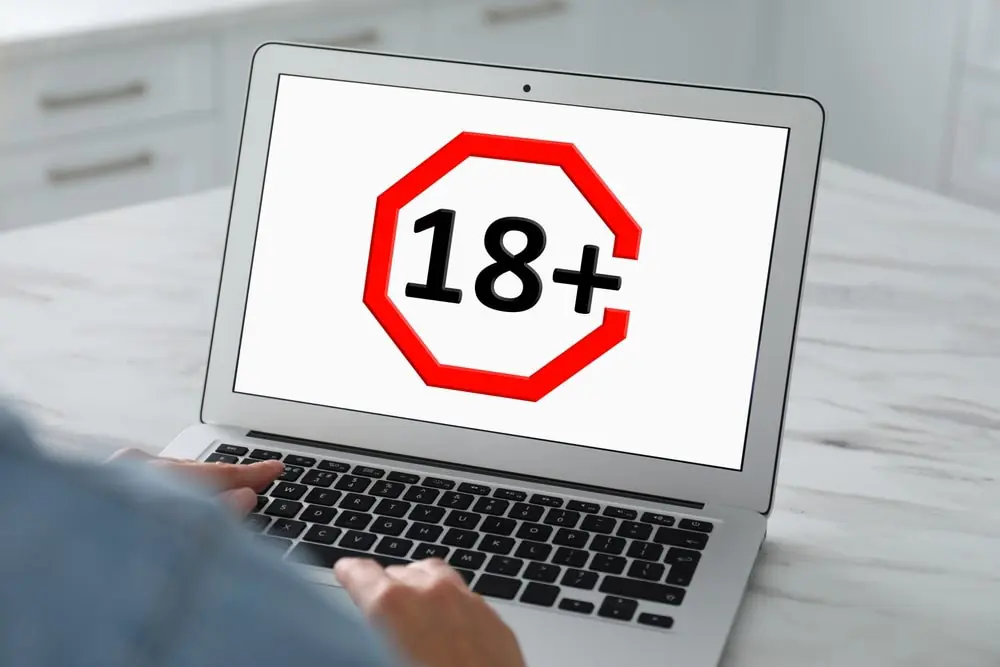
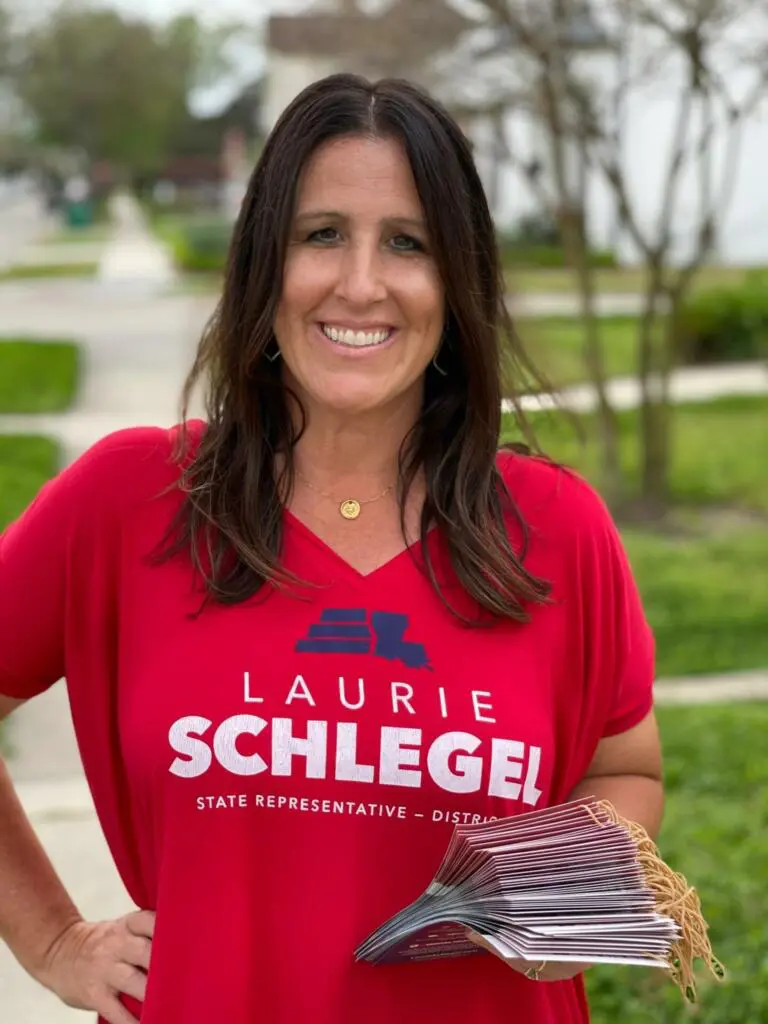
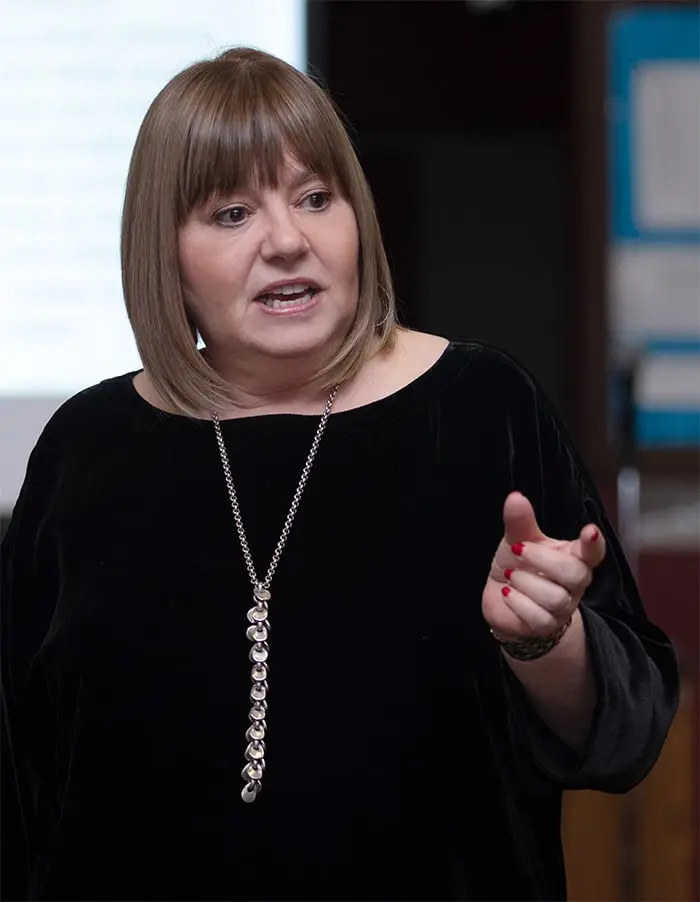
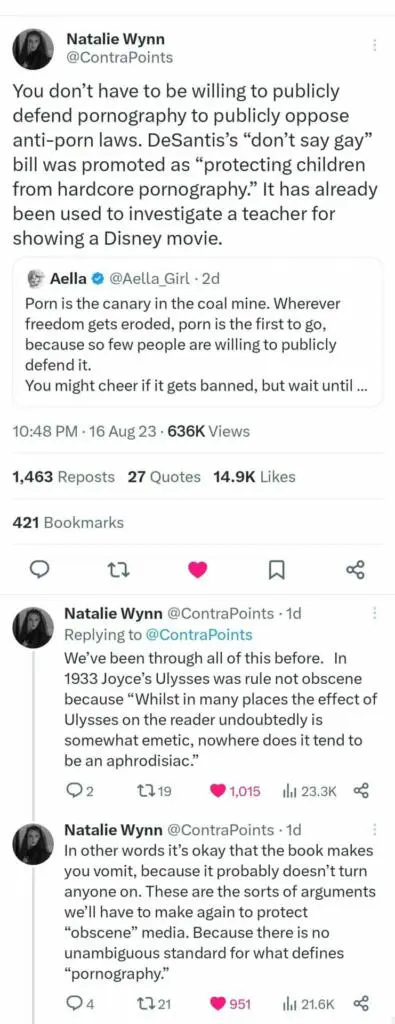



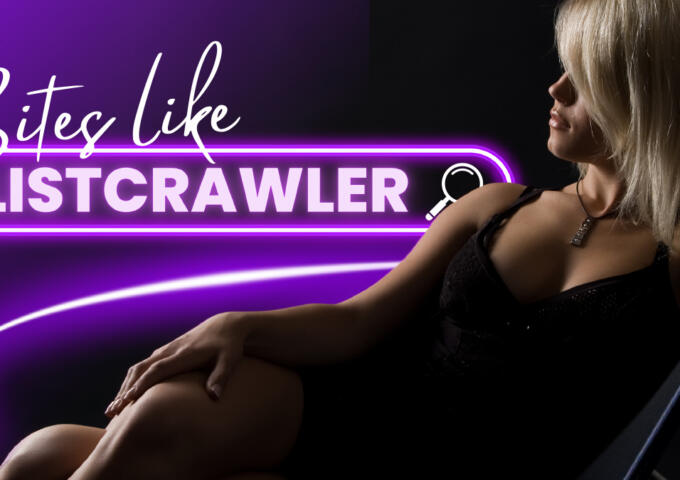
Leave a Reply